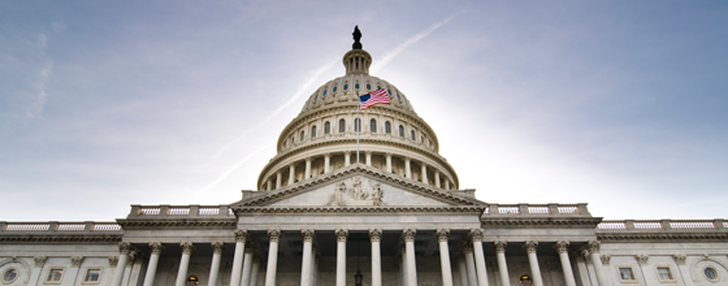WHAT HAPPENS WHEN THE FEDERAL GOVERNMENT SHUTS DOWN?
When the government shuts down, federal agencies must generally suspend operations and furlough their employees. However, there are significant exceptions for government functions that promote national security, or protect human life and property. As a result, a shutdown doesn't impact certain essential functions like the military, law enforcement, TSA, air traffic control, border patrol, emergency and disaster assistance, food safety, foreign embassies, prisons, and federal medical care (among others).
A shutdown also doesn't impact federal entitlement programs (like Social Security and Medicare) that aren't funded by discretionary annual appropriations. Funding for these programs is considered mandatory, because the legislation creating the benefit obligates the government to make payment. So benefits under these programs continue uninterrupted, and the employees who administer those benefits are generally exempt from furlough.
Finally, some agencies are funded by multiple year appropriations. Even though these agencies don't yet have any funds appropriated for the new fiscal year, they may still have funds remaining from prior appropriations, which they can use to continue operations until those funds run out.
SO WHAT DOES A GOVERNMENT SHUTDOWN MEAN TO YOU?
What you can do during the shutdown:
- Receive and send mail--the post office is an independent agency unaffected by the budget process
- Buy insurance through one of the new health insurance Exchanges
- Receive your Social Security and Medicare benefits, or apply for new benefits
- Get a passport or visa--but only until the State Department's available funding runs out (during the 1995 shutdown, 200,000 U.S. applications for passports went unprocessed)
- Conduct business with the United States Patent and Trademark Office--but only until the USPTO's available funding runs out
- Receive unemployment benefits and food stamps
- Get an FHA or VA mortgage
- Receive medical care at a veterans hospital
- Use the federal court system--but only for about 10 days
What you can't do during the shutdown:
- Stop paying taxes--the IRS will continue to process electronically submitted tax returns, but if you're being audited, you'll get a temporary reprieve
- Get taxpayer assistance from the IRS
- Get a small business loan
- Go to a national park, zoo, or museum--if you're already overnighting in a national park, you generally have two days to leave
- Get a paycheck, if you're a federal employee--unless you're the president, a member of Congress, or in the military; however, in the past workers were paid retroactively after a new appropriations bill was passed
AND THERE'S MORE TO COME...
The shutdown is separate and distinct from another looming crisis--the debt ceiling. According to Treasury Secretary Jacob Lew, it's anticipated that the United States will run out of funds as soon as October 17, and will default on its debts, unless Congress acts to raise the debt ceiling before then. More on that crisis to follow…
If you need to discuss any financial matters, please contact me via email at [email protected] or by phone at (951) 371-7608.
Sincerely,
John Weyhgandt
President and Owner
Part of this communication was prepared by Broadridge Investor Communication Solutions, Inc.



 RSS Feed
RSS Feed






